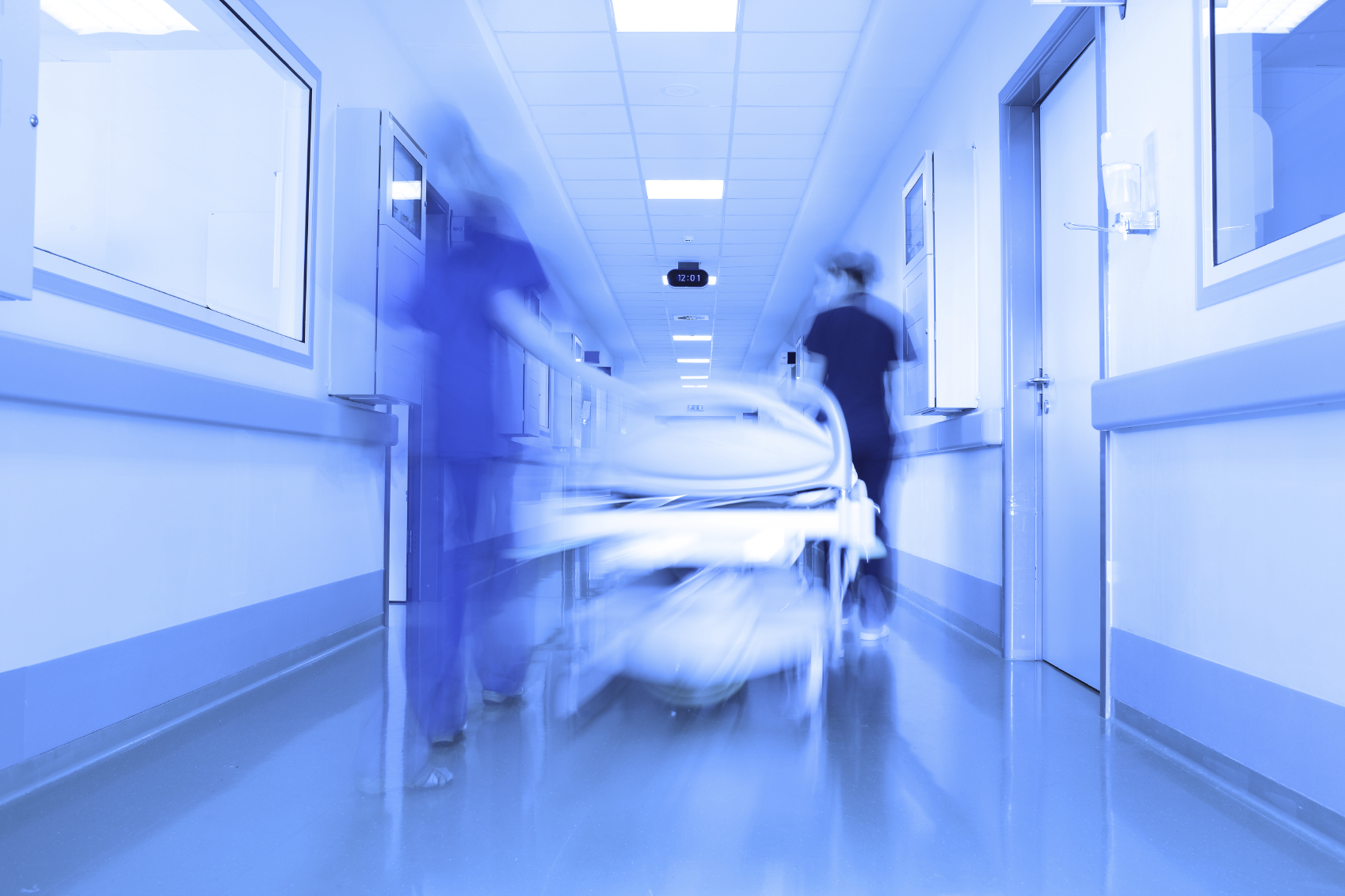NHS and Drayson to pilot intensive care digital sensors

An NHS hospital is to work with UK tech company Drayson on wireless sensors which could help spot potential dangers signs in intensive care patients faster.
The partnership will see the Chelsea and Westminster Hospital NHS Foundation Trust adopt Drayson's wireless temperature and carbon monoxide sensors in both adult and neonatal intensive care units.
The sensors will provide real-time monitoring of changes in carbon monoxide and room temperature levels - both of which are known to impact patient wellbeing and recovery.
“We are delighted to be partnering with Drayson Technologies to pilot this truly innovative technology in our intensive care units," said Zoe Penn, medical director for Chelsea and Westminster Hospital NHS Foundation Trust. "Together with our charity, we want to create the best possible environment for healing and being able to monitor the environmental conditions in near real-time will be crucial in achieving this.”
Due to begin in the next few weeks, the pilot is part of the hospital's CW+'s Critical Care Campaign - an ongoing project to raise £10 million for the expansion and redevelopment of adult and neonatal intensive care units at Chelsea and Westminster Hospital.
It is anticipated that the campaign will help the hospital treat 700 more critically ill adults and babies every year.
[caption id="attachment_29753" align="alignnone" width="226"] Lord Drayson[/caption]
Lord Drayson[/caption]
“We are especially pleased to support the CW+ Critical Care Campaign with this innovative pilot to help ensure the best possible environment for critically ill patients and their families at Chelsea and Westminster Hospital," said Lord Drayson, Chairman and CEO of Drayson Technologies.
Outside of its work with the Chelsea and Westminster Hospital NHS Trust, Drayson Technologies is also working in partnership with both the University of Oxford (UO) and Oxford University Hospitals NHS Foundation Trust (OUH).
The Strategic Research Agreement, which was struck in July, has three areas of focus: SEND, a digital system for vital sign monitoring in hospital patients; EDGE, for managing patients remotely with COPD; and GDm-health, a system for remotely managing gestational diabetes in pregnant women.
The latter solution was recently approved to become part of the NHS Apps Library.












